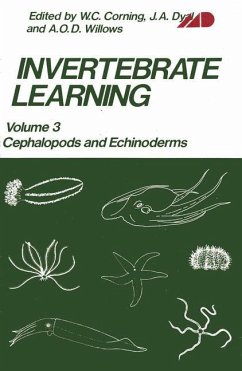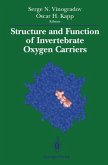Since the publication of the second volume of Comparative Psychology by Warden, Warner, and Jenkins (1940), there has not been a comprehensive review of invertebrate learning capacities. Some high-quality reviews have appeared in various journals, texts, and symposia, but they have been, of necessity, incomplete and selective either in terms of the phyla covered or the phenomena which were reviewed. Although this lack has served as a stimulus for the present series, the primary justification is to be found in the resurgence of theoretical and empirical interests in learning capacities and mechanisms in simpler systems of widely different phylogenetic origin. Intensive research on the physiological basis of learning and memory clearly entails exploration of the correlations between levels of nervous system organization and be havioral plasticity. Furthermore, the presence of structural-functional differ entiation in ganglionated systems, the existence of giant, easily identifiablecells, and the reduced complexity of structure and behavior repertoires are among the advantages of the "simple systems" strategy which have caused many neuroscientists to abandon their cats, rats, and monkeys in favor of mollusks, leeches, planaria, crayfish, protozoa, and other invertebrate preparations. Behavioral research continues to reveal remarkable capacities in these simple organisms and encourages us to believe that the confluence of the invertebrate learning data with the more voluminous vertebrate litera ture will contribute substantially to the enrichment of all of the neurobe havioral sciences.
Hinweis: Dieser Artikel kann nur an eine deutsche Lieferadresse ausgeliefert werden.
Hinweis: Dieser Artikel kann nur an eine deutsche Lieferadresse ausgeliefert werden.








